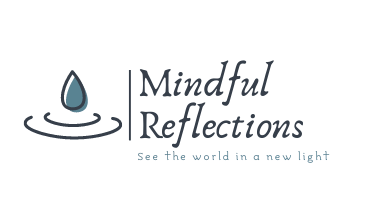Birth Trauma and PTSD: Understanding the Invisible Scars
Giving birth is a beautiful and empowering experience for many women. But for some, it can be a deeply traumatic event, leading to a condition called post-traumatic stress disorder (PTSD).
The connection between birth trauma and PTSD is becoming increasingly recognized. While childbirth can be unpredictable, certain situations can raise the risk of birth trauma, such as:
- Unplanned medical interventions like cesarean sections or forceps deliveries
- Feeling a lack of control or communication during labor and delivery
- Experiencing severe pain or medical complications
- Witnessing a traumatic event during delivery, such as the baby experiencing distress
These experiences can leave a lasting emotional footprint, triggering symptoms of PTSD.
When Birth Becomes a Nightmare: Symptoms of Birth-Related PTSD
If you suspect you might be experiencing PTSD related to birth trauma, here are some common symptoms to watch out for:
- Intrusive memories: Vivid flashbacks or nightmares of the birth experience.
- Avoidance: Avoiding anything that reminds you of the birth, like hospitals, doctors, or even talking about pregnancy.
- Hypervigilance: Feeling constantly on edge, easily startled, and overly worried about your baby’s safety.
- Negative thoughts and feelings: Guilt, shame, or difficulty bonding with your baby.
- Emotional numbness: Feeling detached or unable to experience joy.
- Physical symptoms: Difficulty sleeping, changes in appetite, headaches, or body aches.
These symptoms can significantly impact your daily life and your ability to connect with your baby.
Healing After the Storm: Therapy Options for Birth Trauma
If you’re struggling with PTSD related to birth trauma, you’re not alone. There is help available, and therapy can be a powerful tool for healing. Here are some approaches that can be beneficial:
- Eye Movement Desensitization and Reprocessing (EMDR): This evidence-based therapy helps you reprocess traumatic memories in a safe and controlled environment.
- Cognitive Behavioral Therapy (CBT): CBT helps identify and challenge negative thoughts and beliefs associated with the birth trauma.
- Trauma-Focused Therapy: This specialized therapy helps you address the emotional and psychological impact of the birth experience.
- Support Groups: Connecting with other women who have experienced similar challenges can provide validation and emotional support.
Healing from birth trauma is a journey, and therapy can be a supportive guide along the way.
By acknowledging your experience, understanding the connection to PTSD, and seeking professional help, you can reclaim your sense of peace and rebuild a positive relationship with motherhood.
Previous Posts
Complete Guide to Postpartum Depression
You are not alone.If you’ve found your way here, it’s likely that you — or someone you deeply care...
Can You Have Postpartum Depression After Miscarriage?
Miscarriage is a profound and often isolating experience. For many, the emotional impact is deeply...
Postpartum Therapy for C-Section Recovery: Emotional Healing Beyond the Physical
For many mothers, a C-section can feel both miraculous and overwhelming. While the physical scars...





